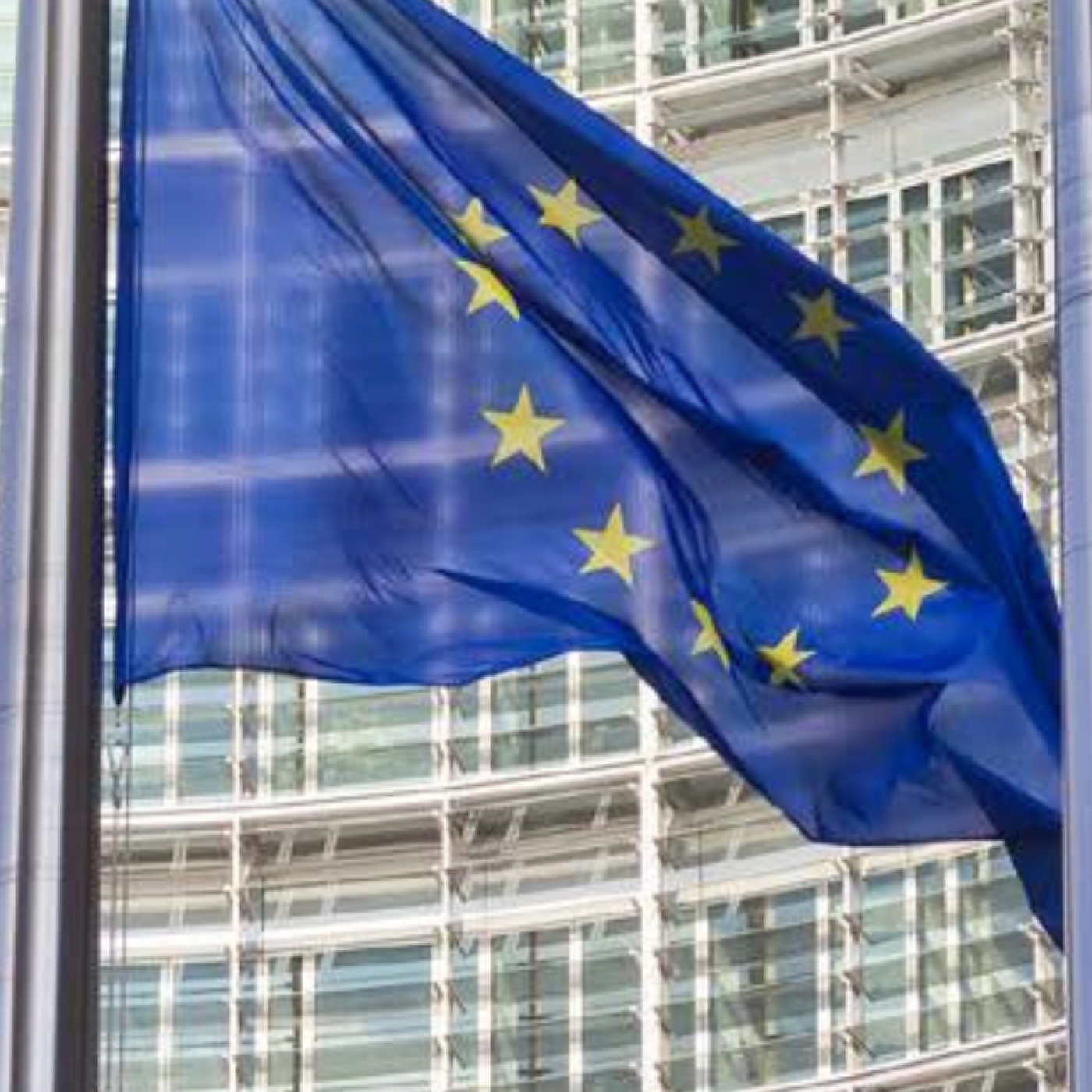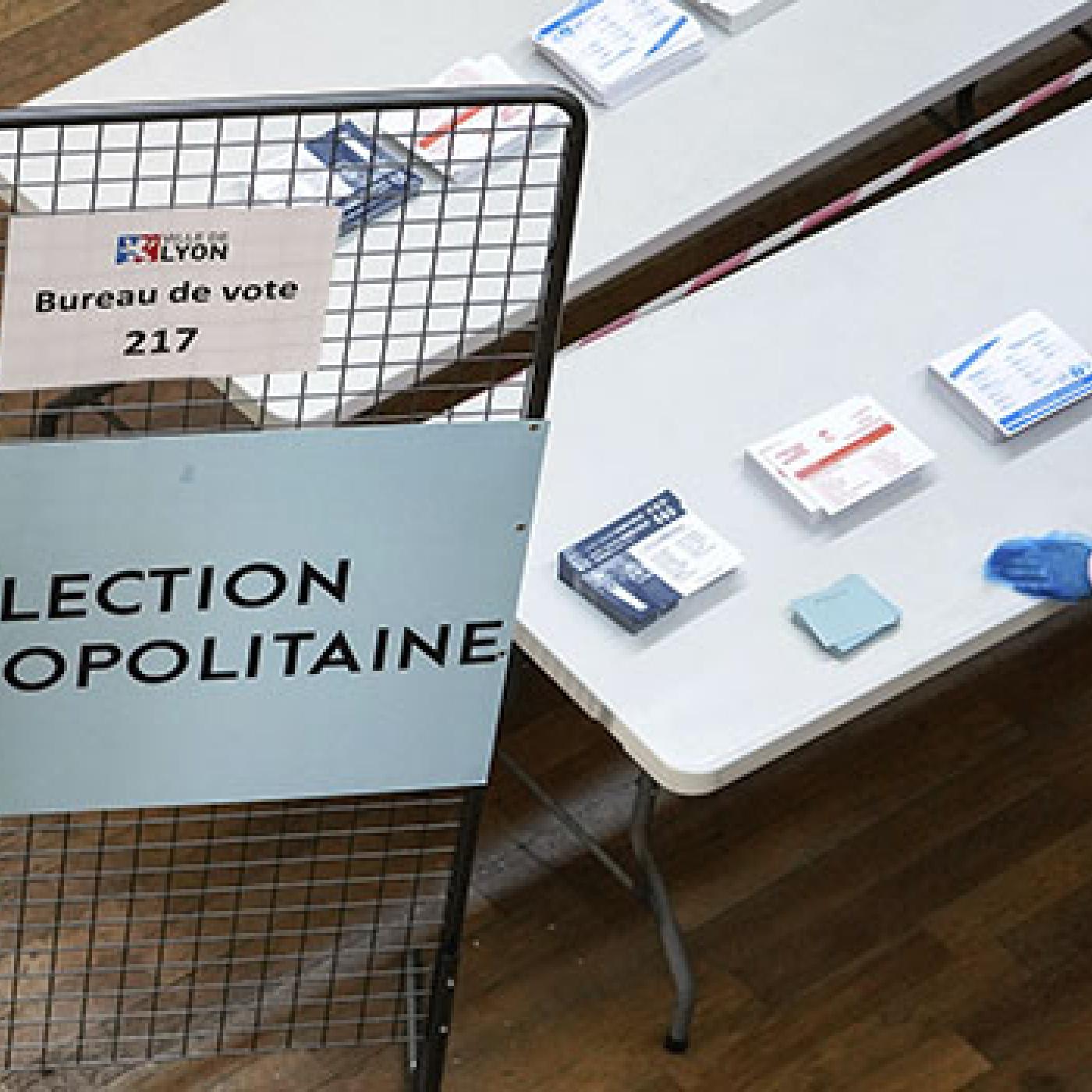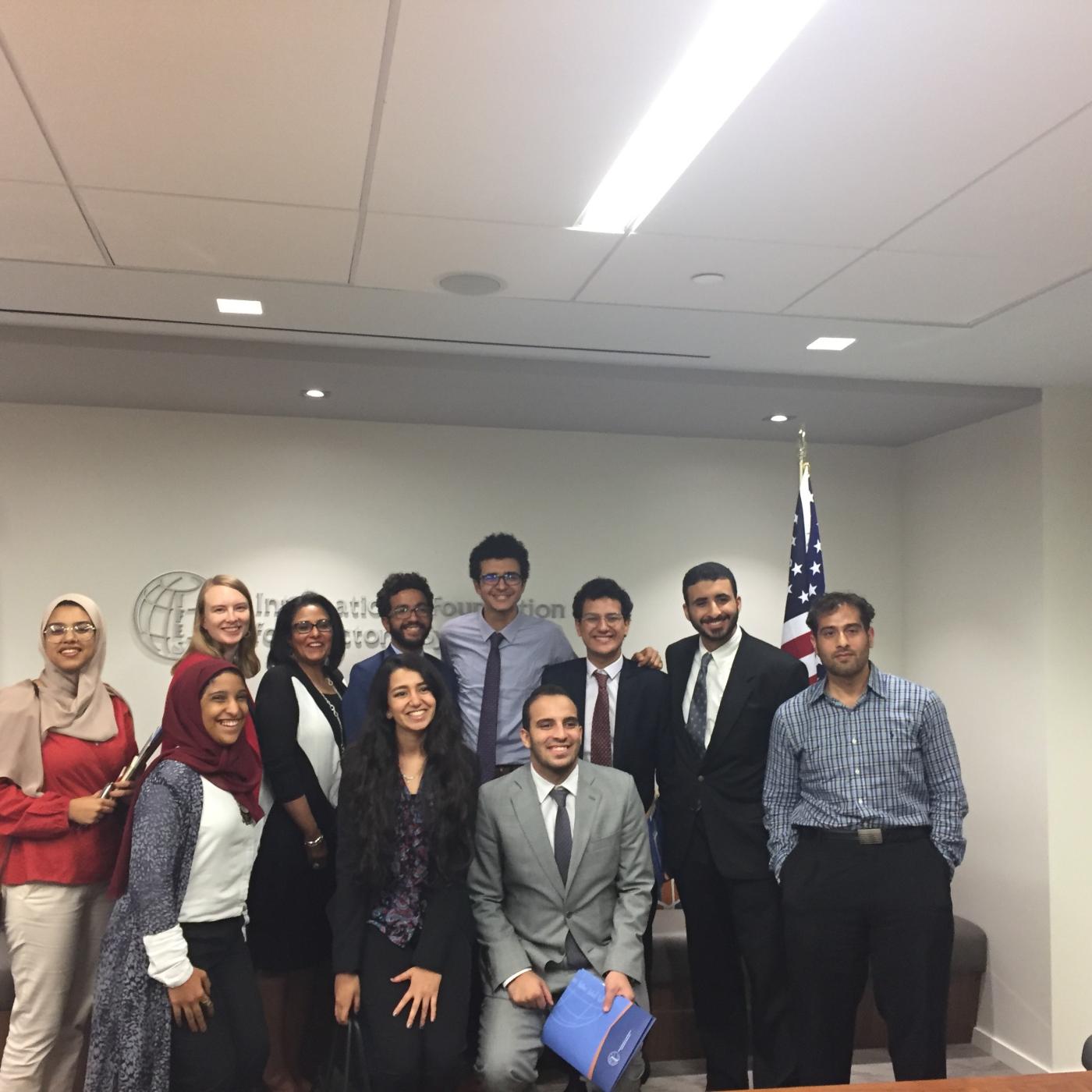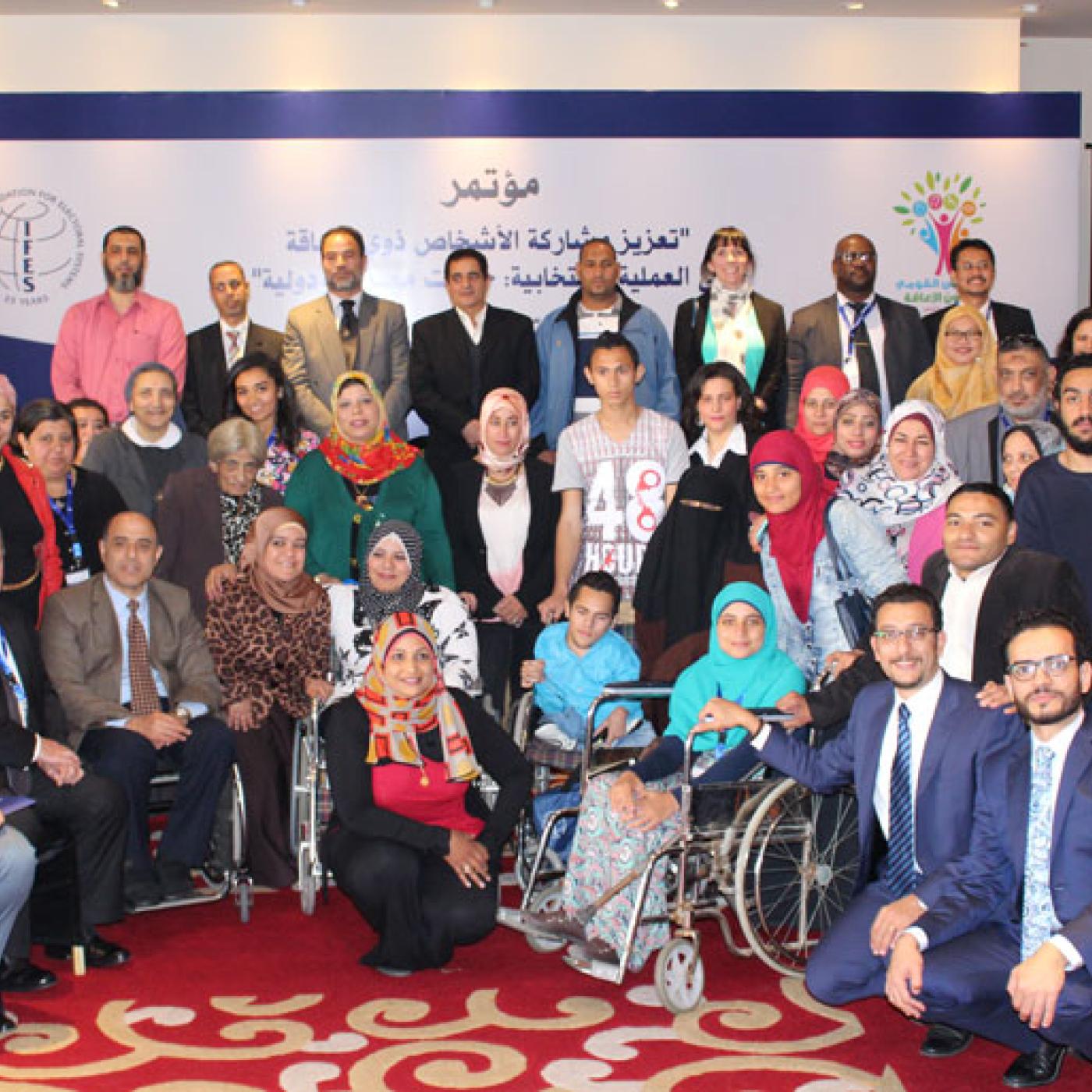Tools & Resources
Filter by
Type
Publication date
Language
Type
Publication date
Language
Image

Publication
Report/Paper
Building Resilience Against Election Influence Operations
IFES in partnership with ASD at the German Marshall Fund provides timely insights and recommendations for how countries can bolster their resilience against the rising scale and sophistication of election disinformation.
April 23, 2024
News & Updates
Feature
Webinar | Abuse of State Resources: Risks and Solutions
On April 28, IFES' Regional Europe Office held a webinar that addressed risks and solutions related to the abuse of state resources.
News & Updates
Feature
Webinar: Democratic Resilience After One Year of the Pandemic
On March 25, IFES’ Regional Europe Office organized a webinar to reflect on the greatest challenges and lessons learned from the pandemic’s impact on democratic resilience in Europe.
News & Updates
Announcement
IFES Signs Paris Call for Trust and Security in Cyberspace
IFES has joined more than 1,000 other signatories in endorsing the Paris Call for Trust and Security in Cyberspace. As IFES works to ensure that technology, information and data positively serve democracy and elections, endorsement of the Paris Call affirms our organizational commitment to strengthening the security of digital spaces.
Election FAQ
Elections in Turkmenistan: 2018 Parliamentary and Local Elections
On March 25, Turkmen citizens went to the polls for parliamentary and local elections, with a total of 16,558 candidates contesting the elections. To help you understand this important electoral process, IFES provides Frequently Asked Questions (FAQs) on Elections in Turkmenistan: 2018 Parliamentary and Local Elections.
Election FAQ
Elections in Egypt: 2018 Presidential Election
Egyptians voted for their next president from March 26-28, while out-of-country voters went to the polls from March 16-18. These elections were the first conducted by the National Election Authority (NEA), which was established in 2017. To help you understand this important electoral process, IFES provides Frequently Asked Questions (FAQs) on Elections in Egypt: 2018 Presidential Election.
News & Updates
Feature
Egyptian Students Visit IFES as Part of ACYPL Exchange Program
On September 7, IFES hosted a delegation of eight Egyptian college students to discuss projects in Egypt and the Middle East and North Africa (MENA) region. Visiting the United States as part of the American Council of Young Political Leaders’ “Model American Congress” exchange program, the delegation took part in a question and answer session with President and CEO Bill Sweeney, MENA Regional Director Zeinab Abdelkarim, and IFES Egypt program staff.
News & Updates
Feature
Egypt’s National Council for Disability Affairs and IFES Host International Conference on Electoral Accessibility
The International Foundation for Electoral Systems (IFES) and Egypt’s National Council for Disability Affairs hosted a conference in Cairo on April 12 and 13, 2016 on electoral access for persons with disabilities, with over 180 participants in attendance.
Election FAQ
Elections in Egypt: 2015 House of Representatives Elections
On October 17, 2015, Egyptian citizens will head to the polls to elect members of the House of Representatives. The elections represent the final milestone of a transitional roadmap following the removal of former President Mohamed Morsi from office in July 2013.
News & Updates
Feature
President Bill Sweeney Reaffirms IFES’ Relationship with Egyptian Stakeholders
As Egypt prepares for parliamentary elections that will be held starting in March 2015, International Foundation for Electoral Systems (IFES) President and CEO Bill Sweeney traveled to Egypt to reaffirm IFES’ commitment to working with key Egyptian government stakeholders. At a reception held in Cairo on February 5, President Sweeney met with the spokesman of the High Elections Commission (HEC), Judge Omar Marwan, and Chairman of the State Information Service Ambassador Salah Abdel Sadek. They were joined by officials from the Ministry of Social Solidarity and Ministry of Transitional Justice; members of the diplomatic community, including representatives from the U.S. Embassy and U.S. Agency for International Development, and the Embassies of Switzerland, the United Kingdom, Australia, and the European Union; and representatives from the United Nations Development Programme and the Arab League.








